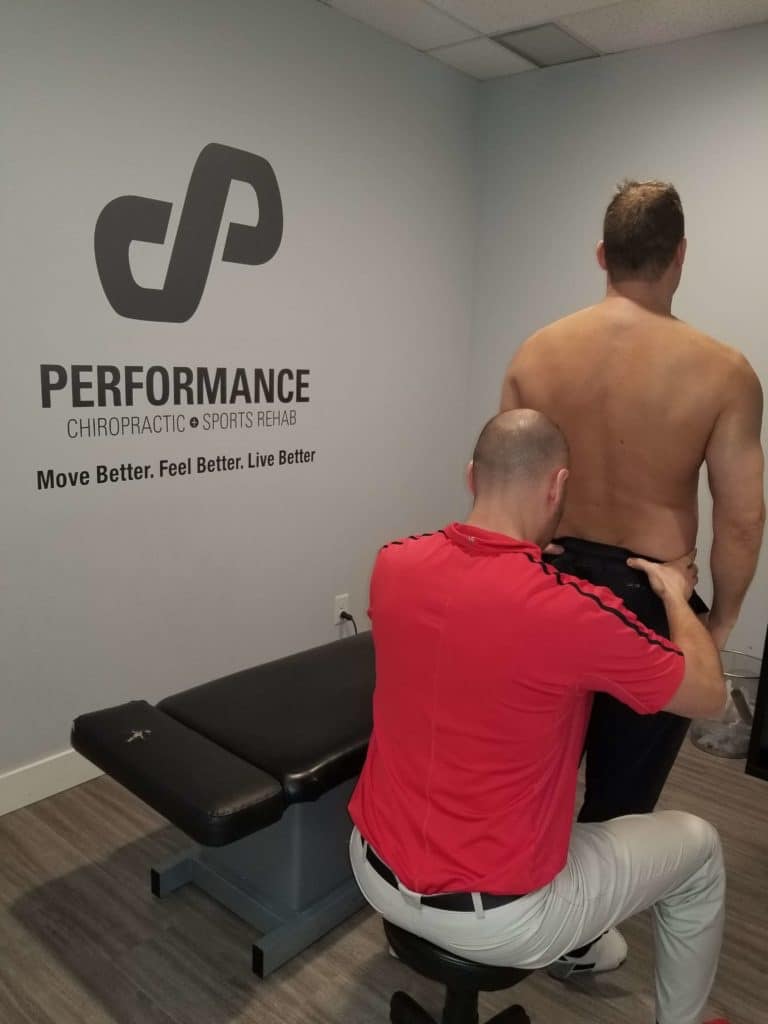Should Physiotherapy be Painful?
Should physiotherapy be painful? We have all heard the saying “no pain, no gain” and recently seen an increase in popularity of extreme fitness activities, in which participants push their bodies to the limit of pain and fitness to get results. Do these principles apply to physiotherapy? Sometimes: “Will it hurt?” is one of the questions many patients ask their physiotherapists.
While we will not say you won’t feel any pain, physiotherapists don’t want to cause you pain and they don’t want you to feel it. In most cases, the pain will occur when they ask you to stress an inflamed or painful tissue or joint. Immobilizing or relieving the injury creates more serious long-term issues if the physio doesn’t move or place pressure on it. Here are some of the most common reasons you may experience pain during a physiotherapy session.
Scar Tissue has Formed
When a wound is healing, scar tissue tends to form around the affected area. The body must do this very fast in order for it to form the scar tissue in every possible way. Physiotherapy can ensure this scar tissue heals properly by reducing the restrictions on the joints and muscles. If left untouched, it can clog your joints and permanently limit you.
The Bones can Become Soft or Weak
The bones are as strong as they are because you put your body weight on them. If you suppress this stress for a sufficient amount of time, your bones will become weak. If your leg is broken and you are confined to a wheelchair for a few months, these bones will heal but lose their strength. So when sufficient healing has taken place, you need to start stressing it to ensure it heals as much as possible.
The Muscles are Swollen or Tense
If the muscle is torn, inflammation will immediately invade the area. While inflammation brings nutrients and chemicals to the injured area that aid healing, excessive or persistent inflammation can have detrimental effects. Good or bad, inflammation can be quite painful, particularly when moving or putting pressure on a swollen muscle or joint. You may also have sore muscles if they remain tense for a long time after trying to protect a joint. This often occurs with neck and back pain. The neck or back muscles contract in response to pain to reduce joint movement. Relaxing them can be painful … but patients often describe the pain as “a pain that feels good”.
While these are some reasons you may feel pain during a physiotherapy session, it is often just discomfort or mild pain. We encourage you to first speak to your physio about what to expect. That way there are no surprises. Often times, pain relief is one of a physiotherapist’s primary goals, but with some injuries, they may need to cause minor discomfort in order for your body to recover quickly and efficiently.

Dr. Ashley Todd is the owner and certified chiropractor at Performance Chiropractic + Physiotherapy, with more than 15 years of professional experience. Registered with the College of Chiropractors of Alberta and the Chiropractic Association of Alberta, Dr. Todd holds a Kinesiology degree from the University of British Columbia and a Doctorate of Chiropractic. He is fully certified in Active Release Techniques (ART) and treats athletes for the Edmonton Elks and Oil Kings. Dr. Todd is dedicated to helping people move better, perform stronger, and live pain-free.





